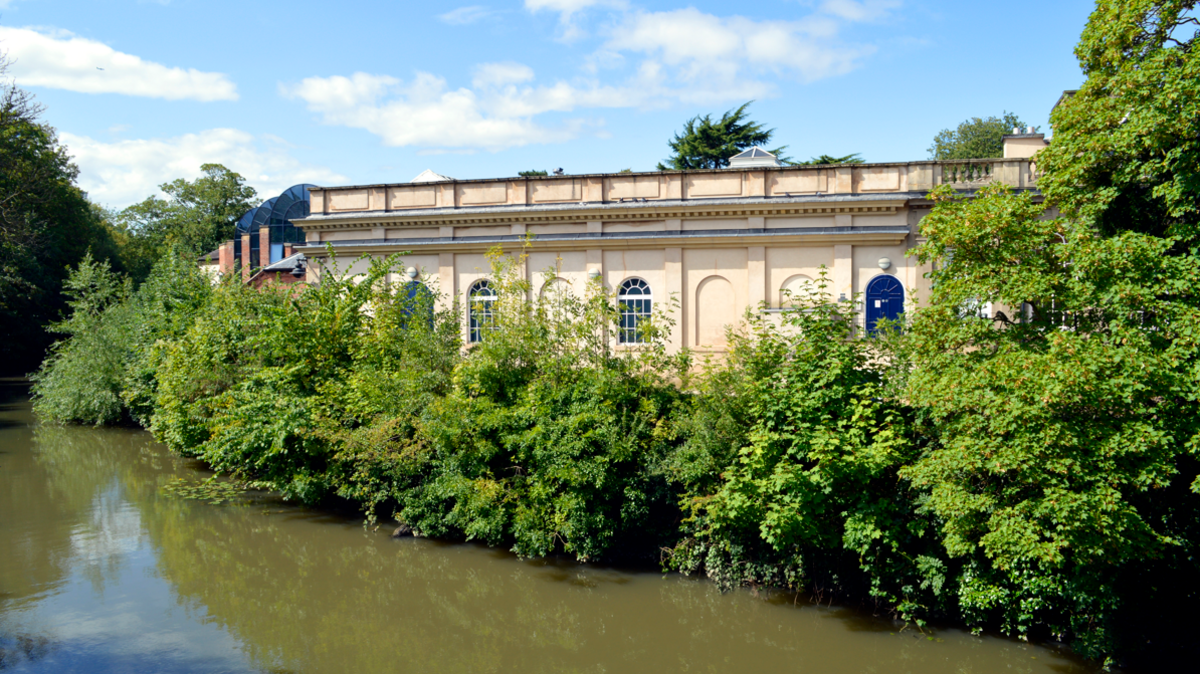Exhibition shows how town benefited from slave trade

The exhibition will be at the Leamington Spa Art Gallery & Museum
- Published
A new exhibition will explore how Leamington Spa benefited financially from colonialism and the transatlantic slave economy.
It opens at the Leamington Spa Art Gallery & Museum on Saturday and is on display until 15 September.
The free exhibition looks at the town's links with West Africa, the Caribbean, and the Americas from the late 18th to the early 20th Century.
A spokesperson said: "Like places and people all over Britain, Leamington Spa and its inhabitants benefited hugely from the wealth generated by colonialism and the transatlantic slave economy.
"This money funded much of Leamington's grand Regency architecture, and flowed down through the generations, supporting wealthy residents through the Victorian period and beyond.
"The legacies persist in the town today, including in the collections of the Art Gallery & Museum."
The exhibition features the history behind local landmarks including the Royal Pump Rooms and the Regent Hotel, alongside surprising stories like the town’s popularity with Confederates during the American Civil War.
Objects on display include rarely seen 19th Century West African pieces such as Congolese ivory carvings and a Sierra Leonean balafon, which is a traditional percussion instrument.
Curator Lily Crowther said: "People are talking more and more about the role of the transatlantic slave trade in the development of Britain’s big trading cities – like London, Liverpool and Bristol – but the histories of empire and colonialism are intertwined with our local history all over the country.
"This exhibition shows the variety and complexity of relationships with the Atlantic world even in an inland resort town like Leamington."
The exhibition is accompanied by a book, British Local History and the Black Atlantic.
Follow BBC West Midlands on Facebook, external, X, external and Instagram, external. Send your story ideas to: newsonline.westmidlands@bbc.co.uk, external